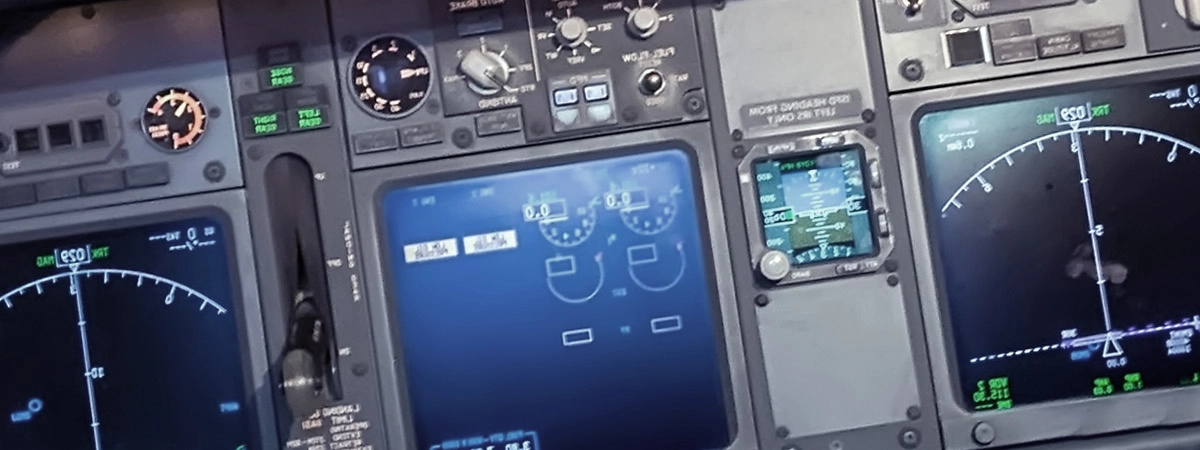IEC 61108-1 GLONASS Receiver Performance Testing
The International Electrotechnical Commission (IEC) standard IEC 61108-1 defines the technical requirements for GPS/BeiDou/GLONASS receiver performance testing. This service ensures that navigation and communication systems meet stringent international standards, guaranteeing reliability and accuracy in global positioning.
GLONASS, or Global Navigation Satellite System, is a Russian satellite-based radionavigation satellite system similar to GPS and Galileo. GLONASS receivers are crucial for maritime operations where precise location tracking, time synchronization, and communication are paramount. This testing service ensures that equipment meets the stringent requirements set forth by IEC 61108-1.
The testing process involves subjecting GLONASS receivers to a series of real-world scenarios designed to replicate operational conditions at sea. The aim is to verify that these devices perform reliably under various environmental and operational stresses, including:
- High humidity
- Saline exposure
- Vibration during transit
- Temperature fluctuations
The testing apparatus includes specialized chambers capable of simulating these conditions, ensuring that the receivers are thoroughly tested for their robustness and accuracy. The test setup typically involves:
- Installation of GLONASS receivers
- Deployment within a controlled environment
- Exposure to environmental stressors
- Data collection from the receivers during and after testing
The collected data is then analyzed against IEC 61108-1 standards, focusing on performance metrics such as:
- Position accuracy
- Time synchronization precision
- Detection and tracking of satellites
- Sensitivity to weak signals
The results are summarized in a detailed report, providing comprehensive insights into the receiver's performance. This report is invaluable for quality assurance teams, ensuring that equipment meets the stringent requirements set by industry standards.
Our expertise lies in replicating real-world conditions to ensure that GLONASS receivers perform optimally under various scenarios. For instance, our laboratories have successfully tested receivers in conditions simulating a 10-hour journey through the Suez Canal, where humidity levels are high and salt spray is prevalent.
Understanding the intricacies of IEC 61108-1 is crucial for ensuring that maritime equipment performs reliably. By adhering to these standards, we ensure that our clients can trust their navigation systems in any operational environment. Our commitment to quality and reliability has made us a trusted partner for numerous marine and ship equipment manufacturers.
Our testing process ensures that GLONASS receivers are not only accurate but also robust enough to withstand the harsh conditions of maritime operations. This service is essential for maintaining compliance with international standards, ensuring safety at sea.
Industry Applications
The testing services provided under IEC 61108-1 are critical for various applications within the maritime industry. These include:
- Navigation systems in commercial vessels
- Communication devices for offshore oilrigs
- Positioning equipment on fishing boats
- Emergency response systems aboard cruise ships
In each of these applications, GLONASS receivers play a vital role. They ensure that vessels can accurately determine their position and communicate effectively with shore-based facilities. This is particularly important in remote locations where GPS signals may be weak or unavailable.
By adhering to IEC 61108-1 standards, manufacturers of marine equipment can ensure that their products are reliable and compliant with international regulations. This not only enhances the safety of maritime operations but also builds trust among clients who rely on this technology for critical functions.
Quality and Reliability Assurance
The quality and reliability assurance processes associated with IEC 61108-1 GLONASS receiver performance testing are designed to ensure that equipment meets the highest standards. This involves:
- Thorough calibration of test instruments
- Consistent environmental conditions during testing
- Careful data collection and analysis
- Detailed reporting of results
The process begins with the installation of GLONASS receivers in our state-of-the-art laboratories. These labs are equipped to simulate a wide range of environmental conditions, allowing for comprehensive testing under realistic scenarios.
Data collection is performed using high-precision instruments, ensuring that every measurement is accurate and reliable. The data is then analyzed against the stringent criteria set by IEC 61108-1, providing detailed insights into the receiver's performance.
The results of this testing are reported in a comprehensive manner, highlighting both strengths and areas for improvement. This ensures that manufacturers can make informed decisions about product development and quality assurance.
Customer Impact and Satisfaction
Our customers benefit significantly from the IEC 61108-1 GLONASS receiver performance testing services we offer. By ensuring compliance with international standards, we enhance the reliability and accuracy of marine navigation systems.
Clients can trust that their equipment will perform reliably under various conditions, contributing to safer maritime operations. This not only improves operational efficiency but also enhances safety for crew members and passengers.
Our testing services are highly valued by quality managers, compliance officers, R&D engineers, and procurement teams within the industry. They rely on our expertise to ensure that their products meet the highest standards of reliability and accuracy.





